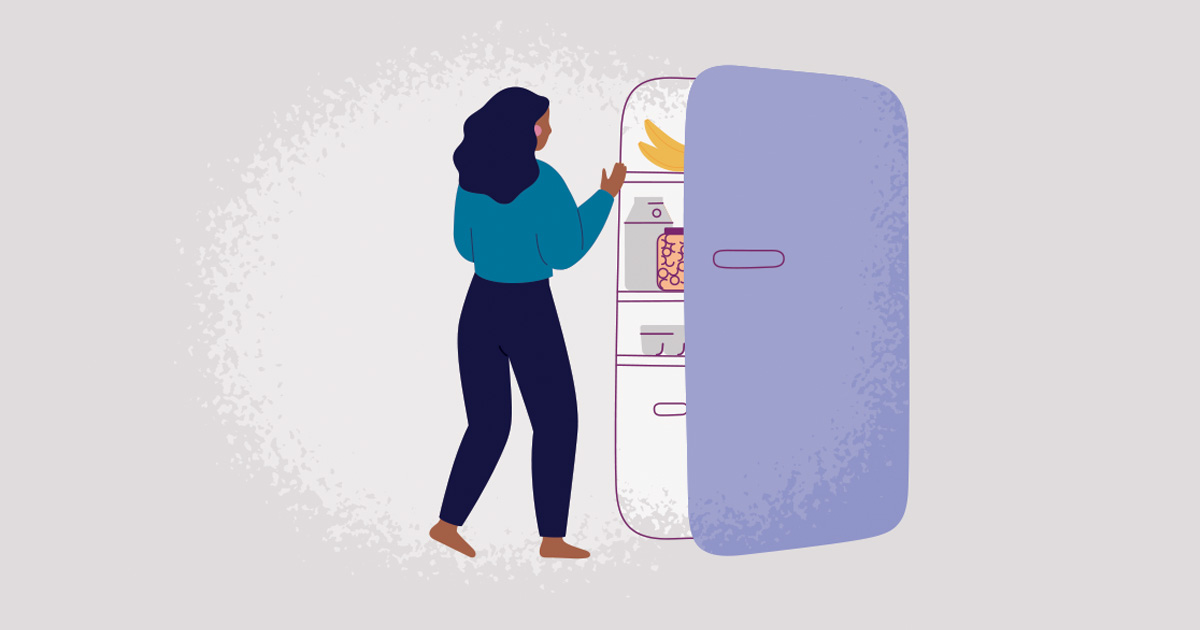
Self-care
Osteoporosis Pop Quiz
Building and maintaining good bone health is crucial, as women are at greater risk than men of developing the bone disease known as osteoporosis. Osteoporosis is a serious disease that causes the bones to thin and become more fragile. It affects 8 million women in the U.S. and can result in painful bone fractures. Fortunately, there are preventive techniques that can help reduce the risk of developing osteoporosis later in life.
Test your knowledge of osteoporosis by using the flashcards below, and see if you can ace the pop quiz by decoding fact from fiction.

Myth or Fact:
Osteoporosis only happens in the elderly.
Osteoporosis only happens in the elderly.
MYTH: While the elderly are at higher risk of developing osteoporosis, it can also impact people between the ages of 20 and 50. In fact, the National Osteoporosis Foundation has found that our bones have reached their maximum strength and density, also known as Peak Bone Mass (PBM), by our early 20s. Therefore, practicing bone healthy habits are important at any age.

Myth or Fact:
Menopause is a risk factor for osteoporosis.
Menopause is a risk factor for osteoporosis.
FACT: When you reach menopause, your estrogen levels drop. Estrogen is a key hormone in supporting strong bones. In some cases, a decrease in estrogen can lead to bone loss. Other factors like your family history, taking certain medications (like long-term steroid use), and smoking can also raise your risk of developing osteoporosis.

Myth or Fact:
Diet and exercise can impact bone health.
Diet and exercise can impact bone health.
FACT: Diet and exercise are a powerful way to support your bone health. It’s recommended that you eat a diet rich in calcium and vitamin D, and engage in weight-bearing exercises. Foods rich in calcium include dairy as well as leafy green vegetables (i.e., broccoli, kale, bok choy, collard greens.) Vitamin D can be found in fatty fishes like salmon and eggs and can actually help your body to absorb calcium.

Myth or Fact:
You won’t know if you have osteoporosis unless you break or fracture a bone.
You won’t know if you have osteoporosis unless you break or fracture a bone.
MYTH: A bone density screening can actually diagnose osteoporosis before a fracture occurs. It’s recommended that women over the age of 65 or who have an increased risk-factor for osteoporosis receive this screening.
If you suspect you may be at-risk for osteoporosis, talk to your Axia Women’s Health provider who can help you develop a treatment plan and take charge of your bone health.
This error message is only visible to WordPress admins
Error: There is no connected account for the user 17841414187500012.


































